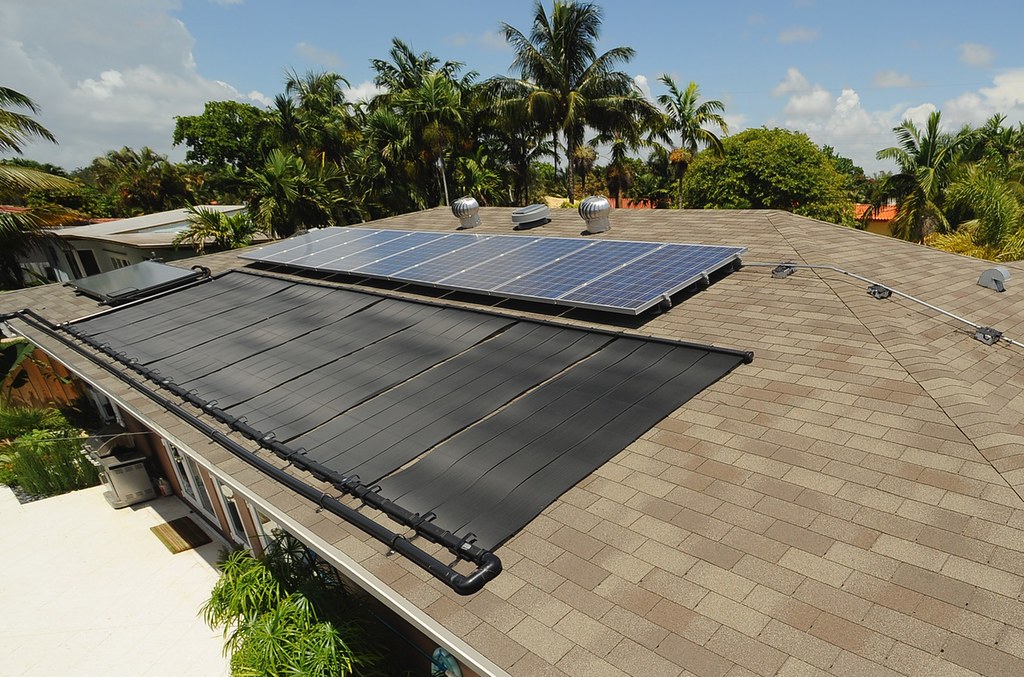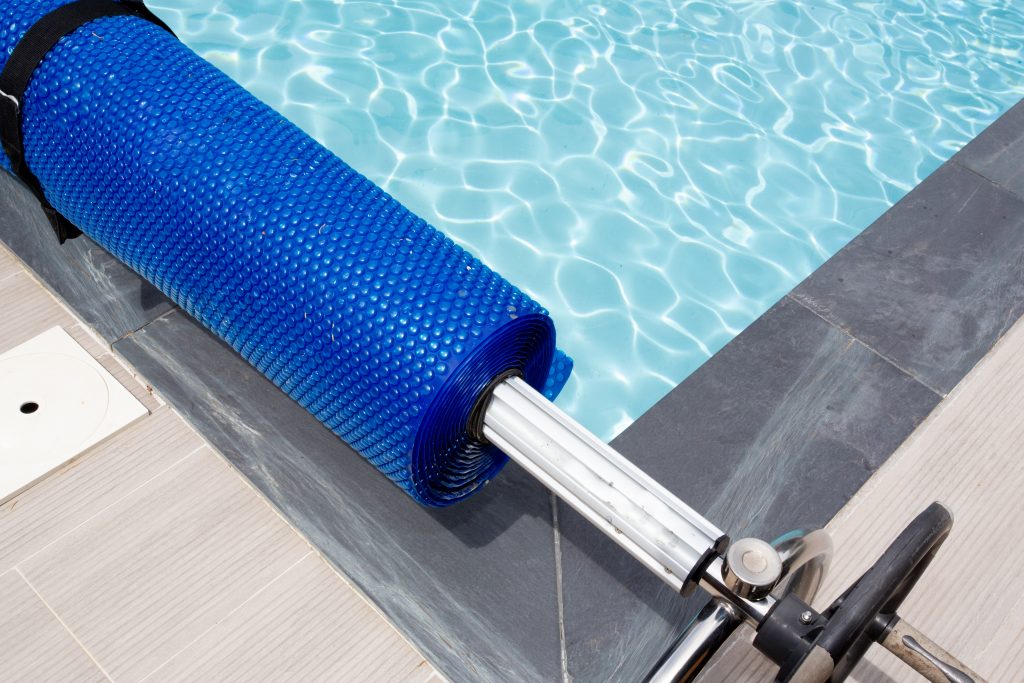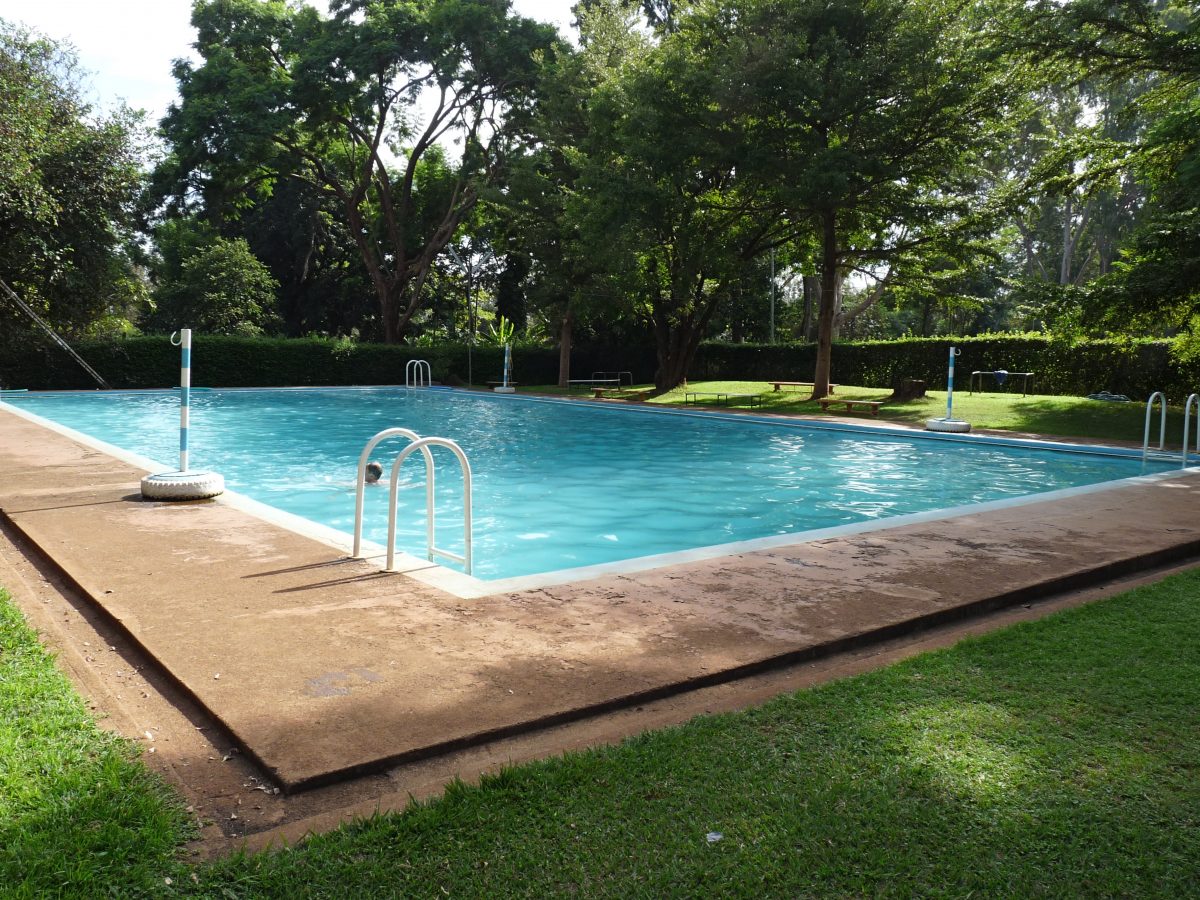If you have a swimming pool in your backyard, those hot, summer days are just bliss. The perfect way to cool off from the midday sunshine, chances are you are pretty happy you made the decision to invest in a pool. But as soon as the cooler months come around, even dipping a toe inside seems like a brave move. So what are your options when it comes to heating, and is there an affordable option?
The amount of energy required to heat a pool is vast, and as soon as you start increasing your energy use, you can guarantee your bills are going to go up too. But there are certain steps you can take to heat your pool and control your costs.
The first consideration you need to make is which type of pool heater to use. Selecting the right type for your pool can save you a considerable amount of money. There are three main types of swimming pool heater: gas, heat pump and solar.
Gas Swimming Pool Heaters
These are currently the most popular choice when it comes to pool heating systems, despite the fact they are sometimes not the most energy-efficient option on the market. Using either natural gas or propane, gas heaters can maintain the desired temperature of the pool by pumping water through a filter and then a heater which works by burning gas to create heat. If you only want to heat your pool occasionally, rather than keep it heated all winter, these can work quickly and are most efficient when only used for short periods.
Heat Pump Swimming Pool Heaters
These work by using the ambient air surrounding the electric heater to heat the pool. This air is directed over an evaporator coil and uses a liquid refrigerant to heat the water returning to the pool. The use of electricity instead of natural gas or propane can dramatically reduce the running costs. However, the fact that these heaters use the surrounding air means they can only be used when temperatures are above 50 degrees Fahrenheit. They are therefore not as useful for heating pools in much cooler climates.
Solar Swimming Pool Heaters
A cost-effective solution to heating your pool, solar energy can be a great alternative to gas and heat pump heaters. There are different types of solar heater depending on your climate and how you intend to use it. Solar heaters work by pumping the pool water through a collector, which captures the sun to heat the water. It is necessary to consider your solar resource, however if your building has some unshaded areas, it should be fine. Although initial set up costs can be higher than a gas or heat pump heater, the payback can be as quick as 1.5 years.

All three swimming pool heaters can provide an effective solution for heating your pool, so it is important to weigh up the best option for you, depending on how much you are looking to spend, where you live and how you want to use it.
For a quick and inexpensive solution to pool heating, you could also consider installing a solar cover. Evaporation in your pool can contribute up to 75% of its heat loss. An effective way to prevent this, a solar cover not only protects the water in your pool from bugs and debris but slowly heats it by trapping the heat from the sun inside your pool.

Using a solar cover in combination with a conventional heating system is the ultimate answer – not only will you benefit from maximum heat retention in your swimming pool, you can also save yourself a lot of money by running the pump less frequently.

